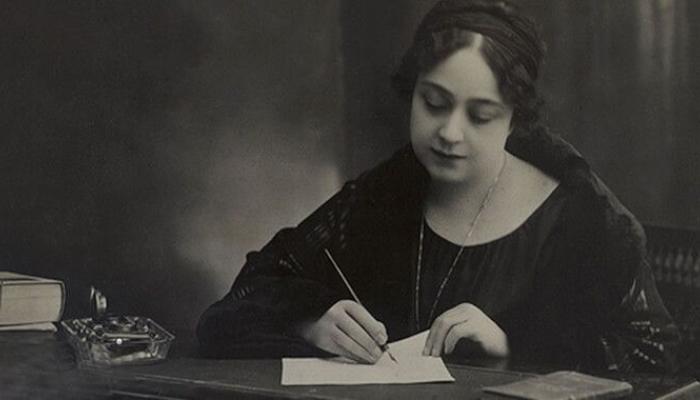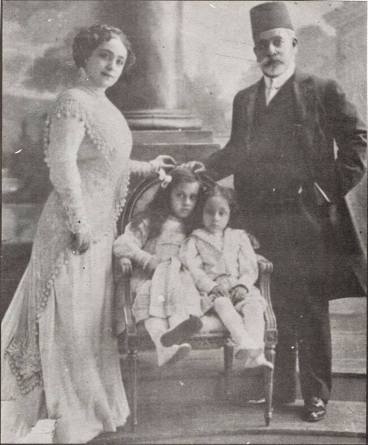Every country around the globe has its share of iconic women leaders through the course of history. Egypt produced many strong and outstanding women, today, Tuesday, marks the 141st birthday anniversary of Hoda Shaarawi, who is celebrated in today's Google Doodle.

Who is Hoda Shaarawi?
Nour Al-Huda Mohamed Sultan Sharawi, known as Huda Shaarawi, is a celebrated feminist and anti-colonial activist, who established numerous organizations dedicated to women’s rights and is considered the founder of the women’s movement in Egypt.

Early life and career
She was born on June 23, 1879, into a wealthy family in the Minya, Upper Egypt, she was the daughter of Iqbal Hanim, a Circassian descent, and Muhamed Sultan Pasha El-Shaarawi, who later became president of Chamber of Deputies.
Shaarawi was sent from the Caucasus region to live with her uncle in Egypt and she was under the guardianship of her eldest cousin, Ali Shaarawi, after her father's death.
She grew up in the harem system, in which women were confined to secluded apartments within the home and wore face veils when going outside, she spent her childhood and early adulthood secluded.
Shaarawi received an elite education at home at an early age along with her brothers, with the primary language of instruction being French; she was educated in various subjects such as grammar and calligraphy in multi-languages.
Shaarawi was also taught to read the Quran and received tutoring in Quranic Arabic and Islamic subjects by female teachers in Cairo.

She was married at age 13 to her older cousin, Ali Pasha Sharawi, who was already in his late 40s. Pasha Sultan named him the legal guardian of his children and the trustee of his estate. They had two children together: a daughter, Bathna, and a son, Mohamed.
Shaarawi wrote poetry in both Arabic and French as well as wrote a memoir entitled, "Mudhakkirātī" (My Memoir), recounting her early life. It was translated and abridged into the English version "Harem Years: The Memoirs of an Egyptian Feminist".
Throughout her life, Shaarawi's activism evolved to meet the ever-changing social and political landscape of her country and the wider region.
Despite her opinion not receiving a positive reaction at the time, she chose to fight because she believed that Egypt could do better, a sentiment that continues to resonate with the Egyptian people.

In 1908, she co-founded the first secular philanthropic organization operated by Egyptian women, a medical dispensary for underprivileged women and children. She and her husband were also strong supporters of the cause of Egyptian independence from Great Britain.
Shaarawi's husband was also a founding member of the nationalist Wafd party. She was also noted for founding and serving as president of the Wafdist Women’s Central Committee in 1920, which marked a new turning point in Egyptian society as never before had so many women publicly engaged in political activism.
She shifted her efforts from the nationalist movement toward women’s equality, following the death of her husband, and founded in 1923 Egyptian Feminist Union, which was the first nationwide feminist movement in Egypt.

Shaarawi performed the act of protest In March of that year, an action she will forever be remembered for, which took place as she was returning home from a conference of the International Women Suffrage Alliance in Rome, she removed her face veil in a Cairo train station, causing an uproar.
Sharawi remained president of the Union until her death, publishing the feminist magazine l'Egyptienne. She also the founding president of the Arab Feminist Union in 1945.
In 1947, she passed away due to cholera at the age of 68.












